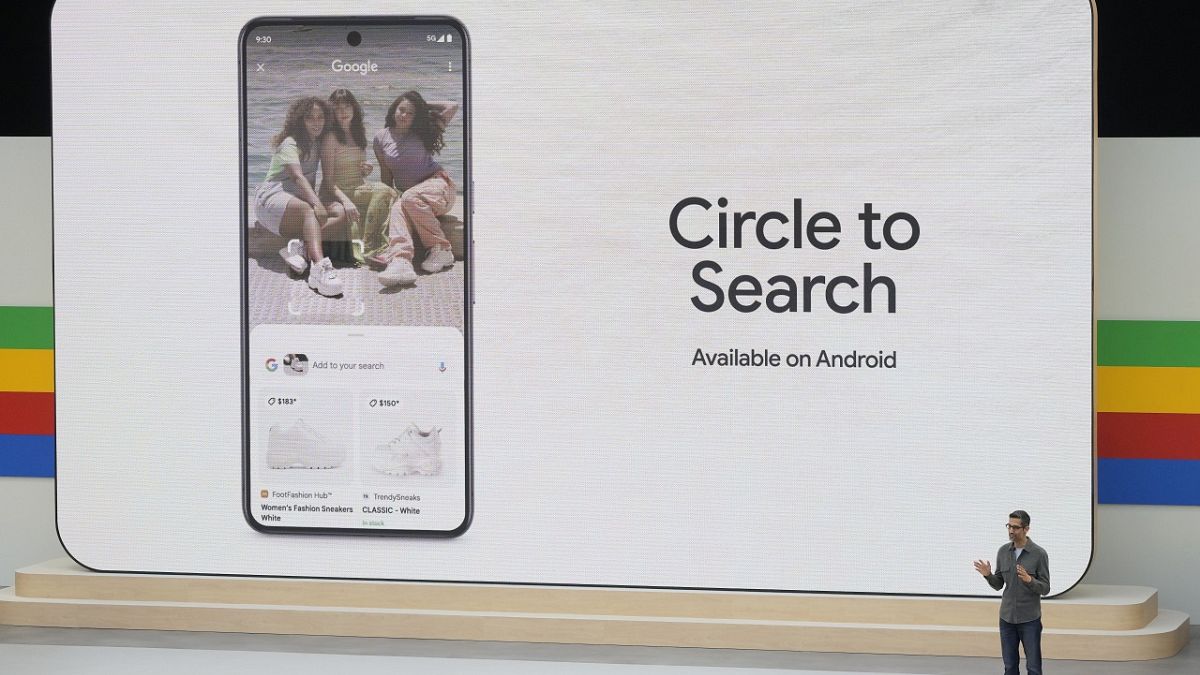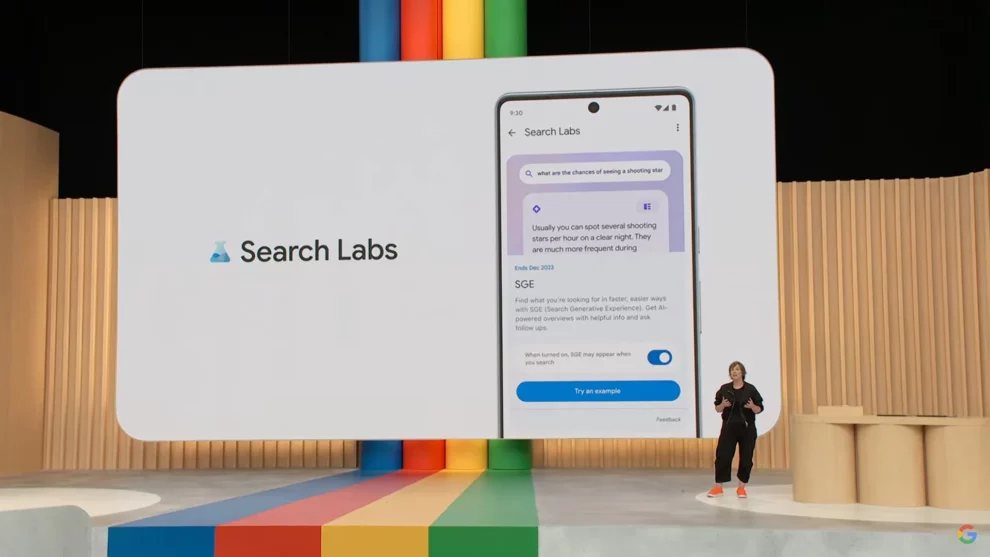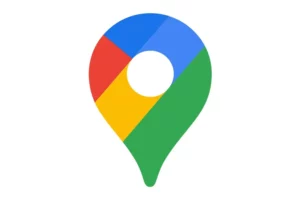In 2025, the landscape of search engines is undergoing a seismic shift. Google, as the dominant player in this space, continues to redefine how we interact with information. While artificial intelligence (AI) and Google Search Generative Experience (SGE) have already transformed the way users access data, the future promises even more radical changes. This article explores what lies ahead for Google Search, examining emerging trends, technological advancements, and the broader implications for both users and businesses.
The Current State of Google Search
Before diving into the future, it’s essential to understand the current state of Google Search. AI and SGE have already ushered in a new era of search, characterized by hyper-personalization, conversational interfaces, and real-time insights. AI-powered algorithms now analyze user behavior, context, and intent to deliver more relevant results. SGE, with its ability to generate natural-language responses, has blurred the lines between search and conversation, making interactions feel more human.
These advancements have not only improved user satisfaction but also challenged traditional SEO strategies. Content creators now need to focus on long-tail keywords, natural language, and context-aware optimization to remain competitive. The bar has been raised, forcing businesses to rethink their approach to digital marketing.
Beyond AI: The Next Frontier
While AI and SGE have set the stage, the future of Google Search extends far beyond these technologies. Here are some of the key trends shaping the next phase:
Multimodal Search
Multimodal search represents the next frontier in information retrieval. Users will soon be able to combine text, voice, images, videos, and augmented reality (AR) elements into holistic queries. For example, a user might ask, “Show me restaurants near my location that serve vegan sushi,” accompanied by a photo of a dish. Google’s AI will interpret this multimodal query, returning not just text-based results but also visual previews and AR overlays.
This shift toward multimodal search aligns with the growing demand for immersive experiences. As users increasingly rely on voice assistants and AR glasses, search engines must adapt to these new modalities. Google is already experimenting with image and video recognition, laying the groundwork for this evolution.

Zero-Click Answers
Zero-click answers represent another significant trend. Instead of clicking through multiple links, users will receive direct answers to their queries, often in the form of concise summaries or visualizations. For example, a search for “weather forecast for tomorrow” might display a graphical representation of temperature, humidity, and precipitation. This trend reduces friction and enhances user convenience, making search faster and more intuitive.
However, zero-click answers also raise ethical concerns. By consolidating information into bite-sized formats, Google risks overshadowing smaller publishers and limiting exposure for original content creators. Balancing utility with fairness will be a key challenge for the company.
Voice Search Optimization
Voice search is growing rapidly, with more users relying on smart assistants like Google Assistant. To optimize for voice search, content creators must focus on natural language queries, long-tail keywords, and conversational phrasing. Structuring content around questions people are likely to ask aloud—such as “What’s the best running shoe for flat feet?”—becomes crucial.
Voice search also introduces challenges in terms of privacy and data collection. As users interact more frequently with voice assistants, concerns about data privacy and surveillance grow. Google must address these concerns transparently to maintain user trust.
The Role of Augmented Reality
Augmented reality (AR) is poised to transform how users interact with search results. Imagine walking into a store and using your phone to scan products, instantly accessing detailed information, reviews, and comparisons. AR overlays can provide real-time insights, guiding users through complex decisions. For example, a shopper might use AR to visualize furniture in their living room before making a purchase.
Google is already integrating AR into its search engine, allowing users to preview products in 3D. This capability enhances the shopping experience, bridging the gap between online browsing and offline purchasing. As AR hardware becomes more affordable and widespread, expect this trend to accelerate.
Ethical Considerations: Balancing Innovation with Responsibility
As Google continues to innovate, ethical considerations come to the fore. Privacy, fairness, and accountability remain critical issues. Here are some of the key challenges:
Privacy Concerns
Voice search and multimodal queries introduce new privacy risks. Users may unknowingly share sensitive information during casual conversations with search engines. Ensuring transparency about data collection and usage policies is vital for maintaining trust. Google must balance innovation with responsible data handling practices.
Fairness and Bias
AI systems are only as good as the data they are trained on. If datasets are biased or incomplete, AI models can perpetuate existing inequalities. Google must address these biases systematically, ensuring that its algorithms treat all users fairly. This includes auditing models regularly and involving diverse stakeholders in decision-making processes.
Accountability
As AI assumes greater prominence in search, accountability becomes paramount. Users must understand how their data is used and how decisions are made. Google should provide clear explanations for its algorithms, enabling users to trust and verify the results they receive.
The Impact on Businesses
The future of Google Search will have profound implications for businesses. Here are some key considerations:
Content Creation
Content creators must adapt to the changing landscape by focusing on high-quality, context-aware content. Long-form articles, multimedia elements, and interactive experiences will become increasingly important. Businesses that fail to embrace these trends risk losing visibility in search results.
SEO Evolution
SEO strategies will evolve to accommodate new search paradigms. Traditional keyword-based optimization will give way to more nuanced approaches that consider user intent, conversational patterns, and multimodal queries. Businesses must invest in advanced analytics tools to stay ahead of the curve.
User Experience
User experience will remain a top priority. Businesses that prioritize seamless, intuitive interactions will gain a competitive edge. This includes optimizing for voice search, ensuring fast loading speeds, and providing clear, concise answers to user queries.
The future of Google Search is bright, filled with possibilities that promise to enhance user experiences and reshape industries. From multimodal search to AR integration, the next phase of Google Search will redefine how we access information. However, this evolution comes with responsibilities. Ensuring privacy, fairness, and accountability will be crucial for maintaining trust and fostering innovation.
For businesses, the future demands adaptability and creativity. By embracing emerging trends and prioritizing user-centric design, companies can thrive in this new era. As Google continues to push boundaries, the digital landscape will become more dynamic, inclusive, and empowering. The journey ahead is filled with challenges and opportunities, and the future belongs to those who dare to innovate responsibly.
















Add Comment